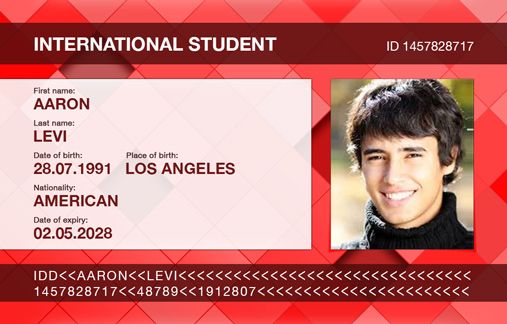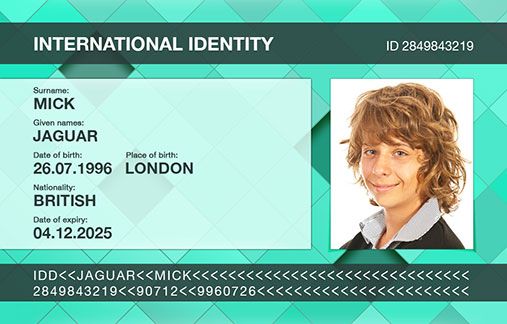Counterfeit identification documents have permeated popular culture, serving as symbols of rebellion and the quest for individual identity. Beyond their illicit uses, fake IDs have acquired cultural significance, representing youthful rebellion, personal exploration, and a desire for independence.
The Symbolism of Rebellion
Fake ID documents have long been associated with rebellion and the pursuit of freedom. For many young people, acquiring a fake ID represents a rite of passage, an act of defiance against age restrictions and societal norms. It becomes a tangible symbol of breaking the rules, pushing boundaries, and challenging authority.
Identity Exploration and Self-Expression
Fake ID documents offer an avenue for individuals to explore different aspects of their identity and experiment with newfound freedoms. They provide an opportunity to adopt alternative personas, allowing individuals to step outside their comfort zones and experience a taste of independence. Through this exploration, individuals can better understand themselves, their desires, and their aspirations.
Counterfeit IDs and Subcultures
Fake identification documents often find resonance within various subcultures and underground communities. They become badges of belonging and markers of identity within these circles. From the punk scene of the 1970s to the rave culture of the 1990s, counterfeit IDs have been linked to alternative lifestyles, music movements, and countercultural expressions.

Cinematic Representation
Fake ID documents have made appearances in countless films, further solidifying their cultural significance. Whether it is the rebellious high school student using a fake ID to attend a party or the undercover spy assuming a false identity, these cinematic portrayals contribute to the allure and mythology surrounding counterfeit identification. Such depictions reinforce the idea that a fake ID represents a means to defy convention, escape limitations, and embark on exciting adventures.
Cultural Critique and Social Commentary
Beyond their cultural symbolism, fake ID documents also serve as tools for social commentary and critique. Artists, writers, and performers have utilized counterfeit IDs as a means to question societal structures, challenge the notion of identity, and highlight issues related to authenticity and belonging. Through artistic expression, counterfeit IDs become a medium to explore themes of self-discovery, conformity, and rebellion against oppressive systems.
Ethical Considerations
While fake ID documents can hold cultural significance, it is important to recognize the ethical implications associated with their use. Engaging in activities involving counterfeit identification, such as underage drinking or accessing restricted spaces, can have legal consequences and potential harm.
It is crucial to strike a balance between cultural exploration and responsible behavior, ensuring that the allure of counterfeit IDs does not overshadow the potential risks and ethical considerations involved.

